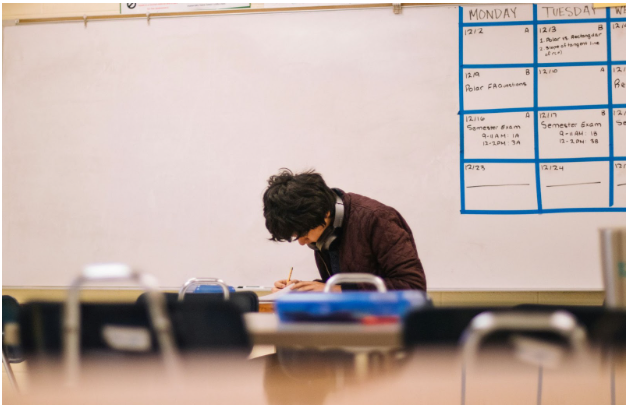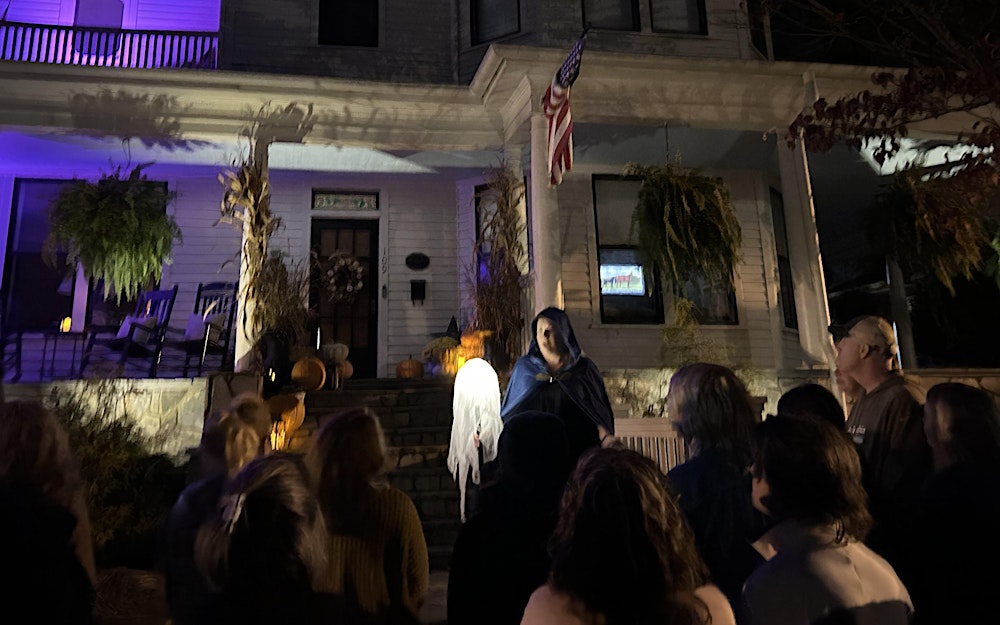Everyone knows what senioritis is. It is the “ailment” that befalls students in their last year of high school. Its symptoms include heightened procrastination, lack of motivation, and a fall of performance in their grades and other school activities. This is very common among seniors, and many use senioritis as a crutch or scapegoat for their declining performance.
So how did senioritis become a frequent term? The term was coined in the 1900s as a humorous way to describe a student’s feeling of disconnect from their studies. However, in recent years, most believe that it is a real life mental change during someone’s senior year of high school or college.
“I think it’s because we’re so close to the end,” said senior Joey Weaver.
Most seniors agree that the catalyst for their senioritis is simply the fact that they are almost finished with high school, and they are ready to graduate.
“This semester my classes are really easy, so I’ve kind of checked out mentally already,” said Weaver.
On top of your regular course load, regardless of whether they are easy or required core classes, many are overwhelmed with the mere idea of applying to college. There is a lot to complete before you can submit your application, and for some it can become very stressful. It is not something that can be put aside for later because college applications are equally as important as high school grades, even more so sometimes.
Senior Analise Mitchell said, “I just don’t think that having the repeated stress of college applications…tests…homework, all of that is overwhelming. That repeated stress isn’t sustainable.”
Some seniors have even said that they started experiencing senioritis long before their actual senior year. Many have said that they started experiencing it during the spring semester of their junior year.
Senior Ma’Syah Gibson said, “I started getting senioritis during sophomore year, and it was bad. I didn’t show up at school or go for half the day.”
Some people have even gotten accepted into college already, and that simply adds to the lack of motivation and drive to perform well in their classes.
“Getting accepted into college early definitely has led to more senioritis, because I’m already set for after high school, so what’s the point of even trying right now?” said Weaver.
While seniors agree that they are affected in some way by a lack of motivation, they still try to combat the mentality that comes with senioritis.
“I told myself I would go every single day. I told myself, surely, if I’m doing this every single day it’s going to form a habit,” said Gibson.
Senioritis affects people in many ways. For some they just give up on performing well in school, for others it is a difficulty of getting up in the morning. There are many ways that a student can be affected by senioritis, but what is important is that you find a way to manage time, prioritize your work and find that healthy balance.







